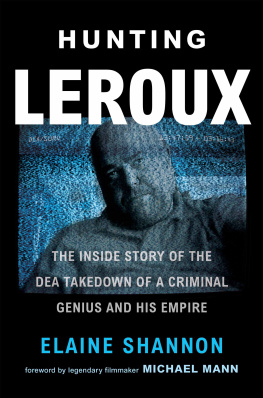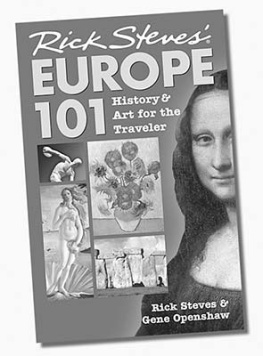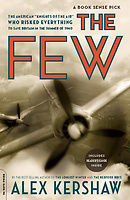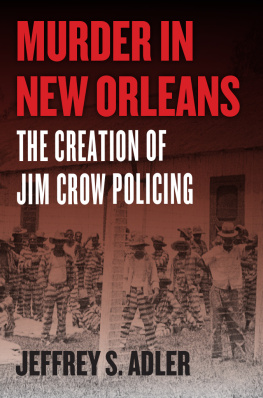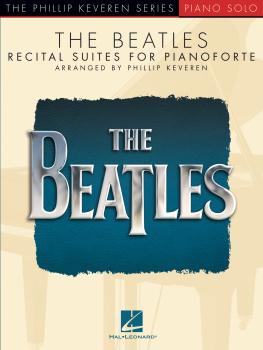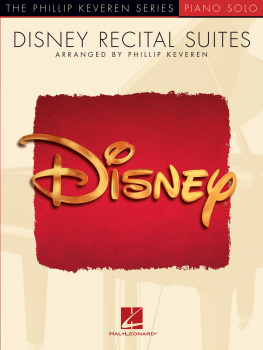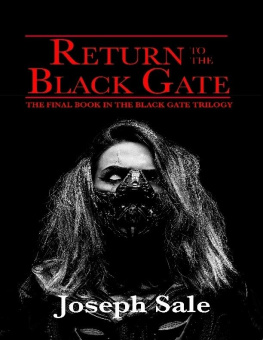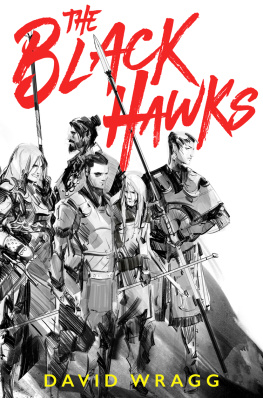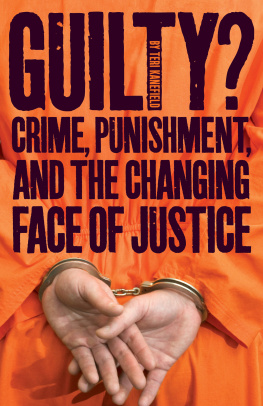Recital of the Dog
WORKS BY DAVID RABE
Plays
The Vietnam Plays, Volume I:
The Basic Training of Pavlo Hummel,
Sticks and Bones
The Vietnam Plays, Volume II:
Streamers, The Orphan
A Question of Mercy
Goose and Tomtom
Hurlyburly & Those the River Keeps
In the Boom Boom Room
Screenplays
Im Dancing as Fast as I Can
(based on the book by Barbara Gordon)
Casualties of War
(based on the book by Daniel Lang)
Fiction
Recital of the Dog
Recital of the Dog
DAVID RABE

Copyright 1993 by David Rabe
All rights reserved. No part of this book may be reproduced in any form or by any electronic or mechanical means, including information storage and retrieval systems, without permission in writing from the publisher, except by a reviewer, who may quote brief passages in a review. Any members of educational institutions wishing to photocopy part or all of the work for classroom use, or publishers who would like to obtain permission to include the work in an anthology, should send their inquiries to Grove/Atlantic, Inc., 841 Broadway, New York, NY 10003.
Published simultaneously in Canada
Printed in the United States of America
FIRST GROVE PRESS PAPERBACK EDITION
Library of Congress Cataloging-in-Publication Data
Rabe, David.
Recital of the dog / David Rabe.
p. cm.
eBook ISBN-13: 978-0-8021-9692-7
I. Title.
PS3568.A23R4 1993
813.54dc20 92-17307
Grove Press
841 Broadway
New York, NY 10003
William Louis Rabe
19061989
ACKNOWLEDGMENTS
I want to acknowledge Andy Winner for his first reading of this manuscript, Pat Toomay for his tireless, thoughtful readings, George Nickels-burg and his wife Marilyn for their special reading. To Alan Lightman I credit whats scientifically accurate. Points pertaining to painting were checked by Ernie Garthwaite. Thanks to Deborah Schneider. Thanks to Walt Bode, Ed Sedarbaum. Sadgurunanth Maharaj ki Jaya Muktananda and Chidvilasananda. Love to Jill and Lily and Michael and Jason. And to Blueberry, who, long after I had begun the writing of this book, found some cows to chase.
As we know, it is not the conscious subject but the unconscious which does the projecting. Hence one meets with projections, one does not make them. The effect of projection is to isolate the subject from his environment, since instead of a real relation to it there is now only an illusory one. Projections change the world into the replica of ones own unknown face.
C. G. Jung
Aion
Every angel is terrible.
Rainer Maria Rilke
Duino Elegies
BOOK ONE
DOGS
Chapter One
Before I lost my ability to paint, I spent hours each day slamming and smudging colorful oils onto canvas in patterns that appealed to me. Shapes emerged more often than not and with them my breath came more easily. In my brain a sense of painful constriction diminished. Quite frequently, feeling this flow of air and relaxation, I know I smiled. But then I killed a brown-eyed, ragged mongrel dog, and even now I can feel his muscle tearing in my bones. He bounded into the air. My rifle sight slid along beneath his leap. With the cows rumbling somewhere off to my left, I fired. I thought, as I watched him recoil, smashed and yelping, that I might paint him. He was a study in fierce but failing optimism. If desire could have saved him, he would have run from that field.
Instead, he took a sequence of wretched poses. At least thats what memory has for me. I see him reeling with impact and inventing a series of physiological strategies intended, no doubt, to extricate him from the disaster that had befallen him. Strictly experimental, they were of no practical effect. The bullet had already struck. The wound was mortal. They are nevertheless fixed in my mind, a set of stunning contortions: one forepaw bent, the other straight, left ear folded, eyes full of alarm, rear legs angled out in perfect alignment. Then I blink and there he is again, his mongrels tail wrapped around his ass and curled under his belly like a furled flag. Next he floats with his torso bent at the middle, his eyes full of glassy incomprehension. On he goes, front paws over his ears, hind paws pointed skyward, his back to the earth, stomach to the heavens, eyes filled with an odd repose. When he hits, he tumbles down a slight incline where the sun has burned the dirt to dust. Then he lies there brown and still.
As I say, my first thought was that I would paint him, and I have tried, but over and over the brushes fall from my hands. I stand, looking down from the height of my head to the floor, where the brushes lie unmoving once they have escaped my fingers. At first I thought I had grown clumsy, or inattentive, and I was simply dropping them, and I persisted, stubbornly, but I met the same results each time. Suddenly I was frightened that I was experiencing the first symptoms of some terrible disease, a disorder in my nervous system. I made an appointment with the local doctor. It was not lost on me that my fingers dialed without the slightest difficulty. I could comb my hair, brush my teeth, hold a spoon, a knife, a cup, a glass. I could drive my car. The only things that I could not control were my brushes. I felt embarrassed and ashamed, and called to cancel the appointment. I vowed to forget about the dog and to go back to work immediately on the project that I had begun only days before the creature appeared in my life. This was a series of family portraits whose exact style was yet to be determined. What I had so far was a male figure, the shoulders caught in a pair of black slashes, the torso tilted so that it seemed about to slip out from under the faceless head. Streaks that could become hands were gesturing toward me, the pale oblongs of upturned palms seeking some missing item. Reaching toward the canvas, I felt a tingle, then a kind of jolt. My fingers opened, surrendering to a fuzzy numbness, and the brush floated out of my grasp. Undeniably, the effects of my problem had spread, crippling my ability to render any subject at all. It seemed my only hope was to let some time go by, and I tried to reassure myself that, if I could just hang on, this whole nightmarish episode would disappear.
But that was more than a week ago, and my hopes have only diminished with every passing hour. I feel adrift, my spirit caught in an aimless trance. In the last few days, hoping to distract myself, Ive entered into a quixotic pastime. When we first moved to this place, leaving the city behind, I imagined that the care necessary for a few cows and half a dozen chickens would provide a respite from my somewhat cerebral labors. I imagined my family drinking fresh milk and eating fresh eggs. The chickens proved annoying, and after the second month I sold them. The cows, however, I have managed to keep, or was driven to keepsomething in their big eyes ringing a reciprocal chord in me. Now, Im spending more and more time in their company, the four Guernseys, who seem my comrades and are somehow complicit in my predicament, for they stood witness to the deed. They were present when I killed the dog.
I cant remember exactly how the practice started, though I think it had to do with an impulse to reexamine the ingredients of the event itself, the sunlit afternoon, the cows, the dog. The rifle I had already put away in the basement, and the dog, of course, was gone. I remember seeing the cows off in the distance, afloat on the wavering green. I was on my way to feed them, planning to do no more than fork hay into the muck in which they stood. Perhaps what attracted me to them was the way they seemed so unaffected by what they had seen. All I know is that, once I mingled with their browsing heft, I was reluctant to leave. Though there were only four of them, they offered the consolations of a herd. My mind surrendered to an ache of animal yearning that was assuaged only by my association with their shifting flanks and slobbering breath.
Next page




